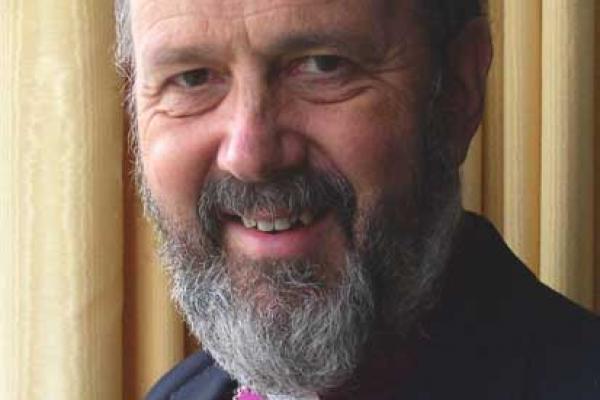The oft-cliched Christian notion of heaven -- a blissful realm of harp-strumming angels -- has remained a fixture of the faith for centuries. Even as arguments will go on as to who will or won't be "saved," surveys show that a vast majority Americans believe that after death their souls will ascend to some kind of celestial resting place.
But scholars on the right and left increasingly say that comforting belief in an afterlife has no basis in the Bible and would have sounded bizarre to Jesus and his early followers. Like modern curators patiently restoring an ancient fresco, scholars have plumbed the New Testament's Jewish roots to challenge the pervasive cultural belief in an otherworldly paradise.
The most recent expert to add his voice to this chorus is the prolific Christian apologist N.T. Wright, a former Anglican bishop who now teaches about early Christianity and New Testament at Scotland's University of St. Andrews. Wright has explored Christian misconceptions about heaven in previous books, but now devotes an entire volume, "How God Became King: The Forgotten Story of the Gospels," to this trendy subject.
Read the Full Article

